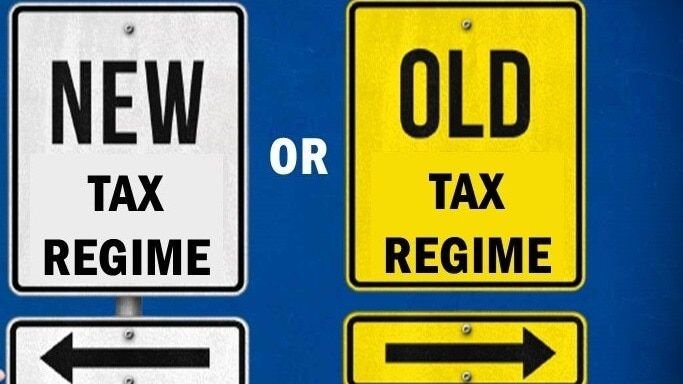The dream is simple: live in paradise, run your business online, pay zero in taxes, and enjoy complete freedom. It’s one of the most common motivations for men exploring the digital nomad life or pursuing a global citizen lifestyle. But here’s the catch: tax-free living isn’t as straightforward as it sounds.
Most governments around the world have residency rules,and they are designed to keep you in the tax net, even if you think you’ve escaped. If you don’t understand these rules, your “tax-free” dream could quickly turn into a nightmare filled with unexpected bills, penalties, or even double taxation.
Let’s break it down.
1. What “Residency” Really Means
Residency isn’t about where you live emotionally,it’s about where the government thinks you belong. Tax residency is the legal framework countries use to decide whether you owe them taxes.
Residency can be determined by:
- Days spent in a country (often 183 days per year, but sometimes as little as 90).
- Where your “center of life” is—your job, business, or even your family ties.
- Permanent home—if you own or rent property, some countries assume you’re a resident.
- Stronger connections—bank accounts, driver’s licenses, or even memberships can all be used as proof.
So, even if you’re traveling the world, if one government decides you “belong” to them, they can demand their cut.
2. The Myth of “No Residency”
Some digital nomads think they can simply not be a resident anywhere. In theory, you can try to float between countries, never staying long enough to trigger the 183-day rule.
But here’s the problem:
- Many countries have tiebreaker rules under tax treaties. Even if you’re under 183 days, they might still tax you based on “closer personal ties.”
- Some governments (like the U.S.) tax you based on citizenship, not residency. If you’re American, you’re on the hook worldwide, unless you use specific legal exclusions.
If you can’t prove residency somewhere else, your old home country might still claim you. They’ll argue, “If no one else has you, you’re still ours.”
This is where many men get caught. They believe they’re “stateless” for tax purposes, but their home government sees it differently.
3. Case Study: The Returning Taxman
Imagine this:
- A man leaves the UK in January, planning to live in Bali, then Mexico, then Georgia. He never stays more than 3 months in one place.
- He thinks he’s tax-free, but he didn’t cut ties properly with the UK. He still has a UK bank account, health registration, and his parents’ home as his address.
- The UK tax authority argues he never established tax residency anywhere else—so by default, he’s still a UK resident.
Result? He owes UK tax on his global income, plus interest.
This scenario isn’t rare. It happens to digital nomads every year.
4. Why Residency Rules Matter More Than Tax Havens
Everyone loves the idea of moving to Dubai, Monaco, or The Bahamas and paying zero tax. But unless you meet their residency requirements properly, your home country can still claim you.
For example:
- In the UAE, you need proper visas and proof of residence to be considered tax-resident.
- In Panama, you might get a residency permit, but unless you actually spend time there, some governments won’t recognize it as valid.
Some “tax-free” countries don’t even issue residency certificates, which can make it harder to prove your status.
Simply put: without official paperwork + time spent in-country, your new home won’t protect you.
5. The Danger of Double Taxation
If you mishandle residency rules, you might end up paying tax in two countries at once. This happens when:
- Country A says you’re their resident.
- Country B also says you’re their resident.
Both want to tax your entire income.
Tax treaties are supposed to prevent this, but they only work if you structure your moves properly and can prove your residency with documentation.
6. How to Protect Yourself
To avoid residency traps, you need a strategy:
- Exit cleanly from your home country
- Officially deregister where possible.
- Sell or rent out property.
- Cancel voter registration or health insurance.
- Choose a new base
- Pick a country with clear tax residency rules.
- Get legal residency and keep records.
- Spend enough time there to qualify.
- Keep evidence
- Flight tickets, lease agreements, utility bills.
- Residency certificates if available.
- Anything that proves your life is based outside your old country.
- Consult professionals
- International tax law is complex.
- An upfront consultation can save you years of penalties.
Final Thoughts
The dream of tax-free living is real, but it’s not effortless. Residency rules are the gatekeepers. If you ignore them, you’ll end up paying taxes twice or worse, being chased down years later.
If you plan to build a global lifestyle, don’t just chase palm trees and Wi-Fi. Understand the laws that govern residency, structure your moves carefully, and protect your wealth from the taxman’s long reach.
Because in the world of global living, freedom without structure is an illusion.













